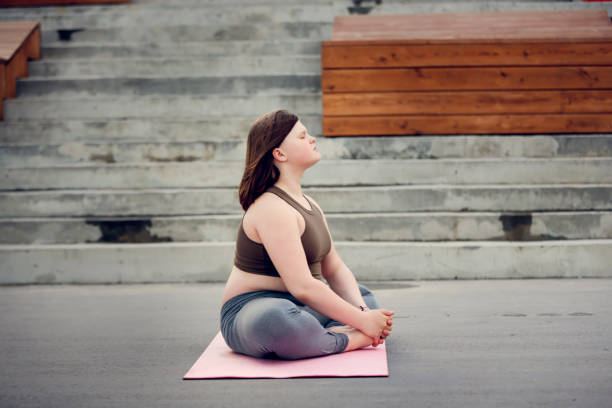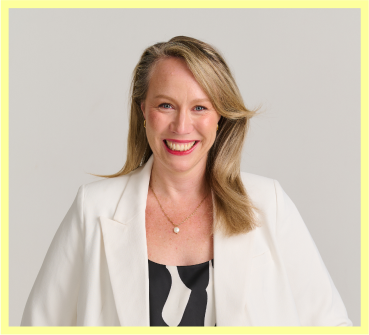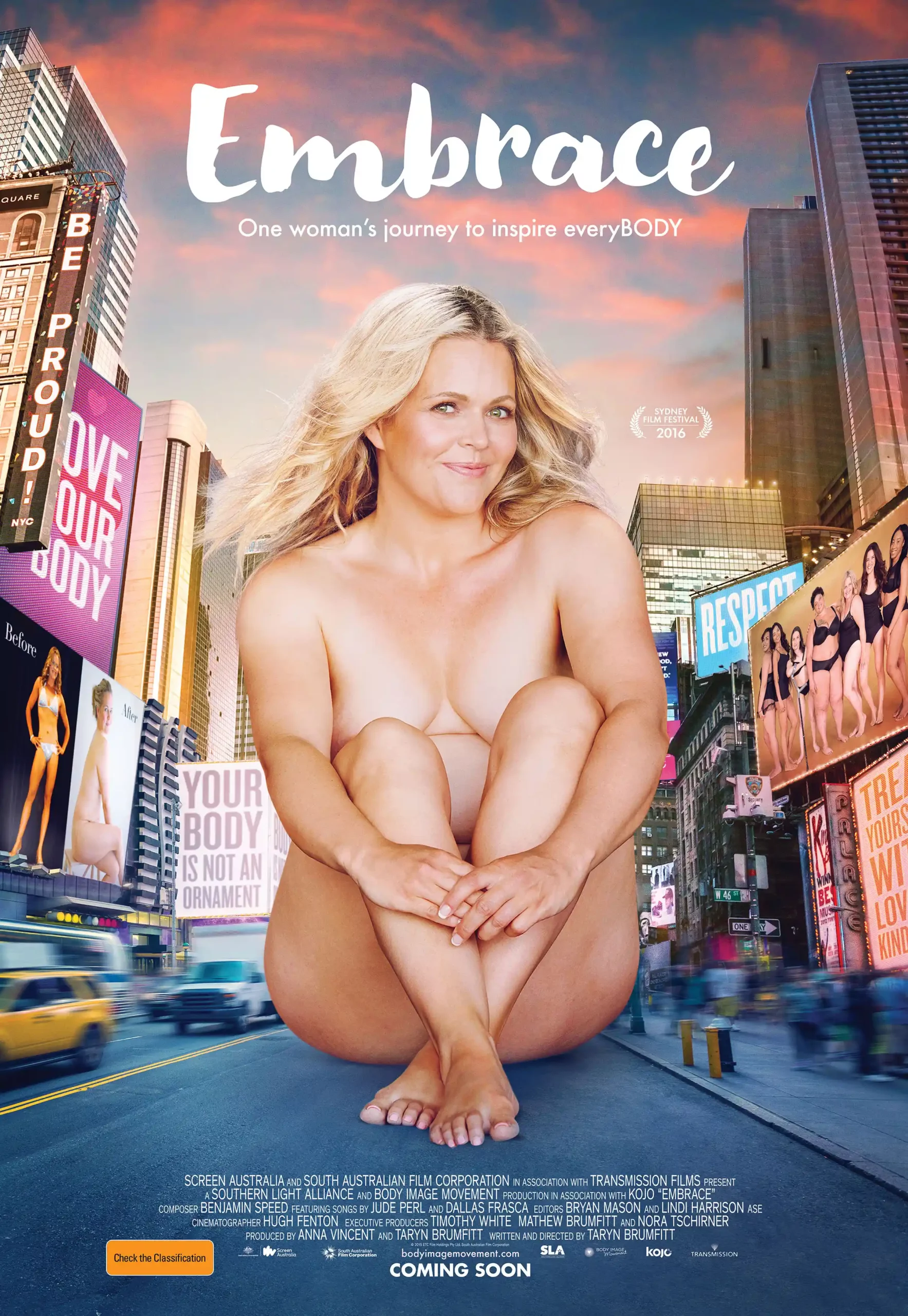While we’re slowly making progress in celebrating bodies of all shapes, sizes and abilities, the world still isn’t a place where it feels safe to exist in a larger body.
Deeply held biases about larger bodies are everywhere. If you need a reminder, follow any woman in a larger body on social media, and you’ll be heartbroken to read the horrific comments people make about her body. And most of the time, the comments are completely unrelated to the content she’s sharing.
Many negative comments (and the garden variety bias against people at higher weights) stem from the belief that it’s not healthy to be that size.
Research now shows that feeling shame and discrimination about your body, especially your weight, is linked to health problems and early death — more so than your actual weight. While huge, multi-million dollar studies in the 2000s and 2010s found a connection between high weight and health conditions, these studies overlooked how people felt about their bodies or the discrimination they faced because of their weight.
More recent research is showing over and over again that it’s not necessarily the weight that’s the problem — it’s the shame.
In 2023, with Taryn Brumfitt as Australian of the Year, we invited people to be curious and open to this new research. We shared this knowledge to make people aware that body shame, not body fat, is the enemy.
Changing long-held beliefs and biases takes time, but I do think we were able to share this message with a lot more people than usual within a 12-month period. In that year, Taryn went on 87 flights, spreading the message all over Australia and the world through hundreds of keynote addresses and reaching 131 million people through the media. We spoke with doctors, dentists, paediatricians, nurses, midwives, politicians, business leaders, teachers, early childhood educators, and even information security professionals!
At first, some people in the media and on social media took our message the wrong way. They were confused about why a mid-sized white woman was trying to make it ‘ok to be fat’. It broke people’s brains, and we often didn’t get the time or space to explain the science behind the findings.
But we were determined to share the research and stories that could help shift how people view the pressure they put on themselves and others about weight. Our goal was (and still is) to encourage everyone to accept and appreciate their body. And to look after our bodies by engaging in health behaviours like eating amazing food and moving because it’s fun, it feels good, and it’s good for you — not to change the way you look.
We aimed to help people take the first of many steps towards understanding that it’s ok to be in any body, including the larger ones that we’ve been told not to be in for the last 20, 30 or 40 years.
Our big goal is to shift the focus of health promotion away from weight — and back to health. If we want people to be healthy, we should be encouraging all people in all bodies to engage in health behaviours — not just shaming people in larger bodies to lose weight. The shame and judgement we’ve had for decades isn’t making us healthier. It’s making us sick. In the mind, the heart and the body.
It’s time for change … and after an almighty year of action, I can feel it starting to happen.




